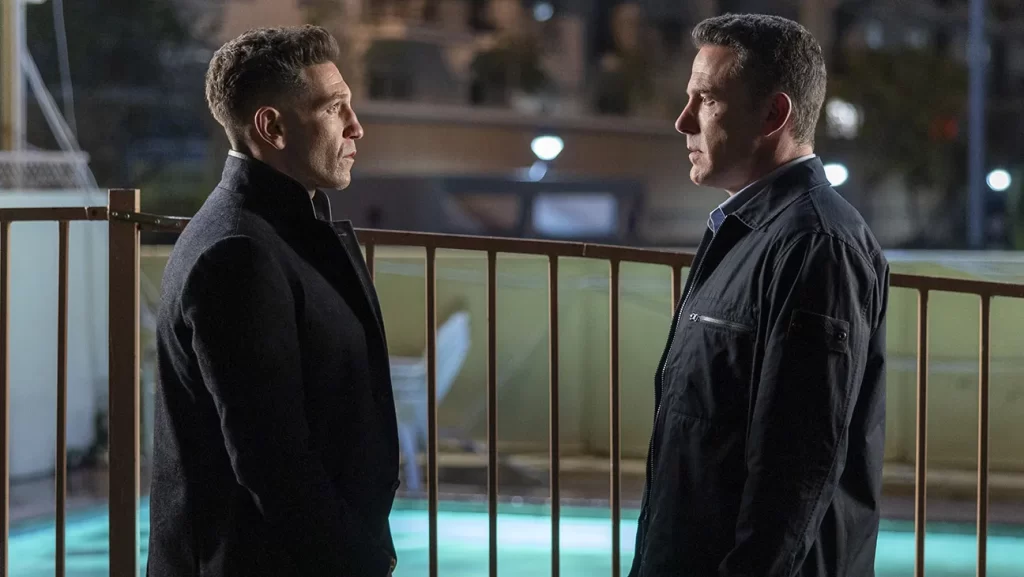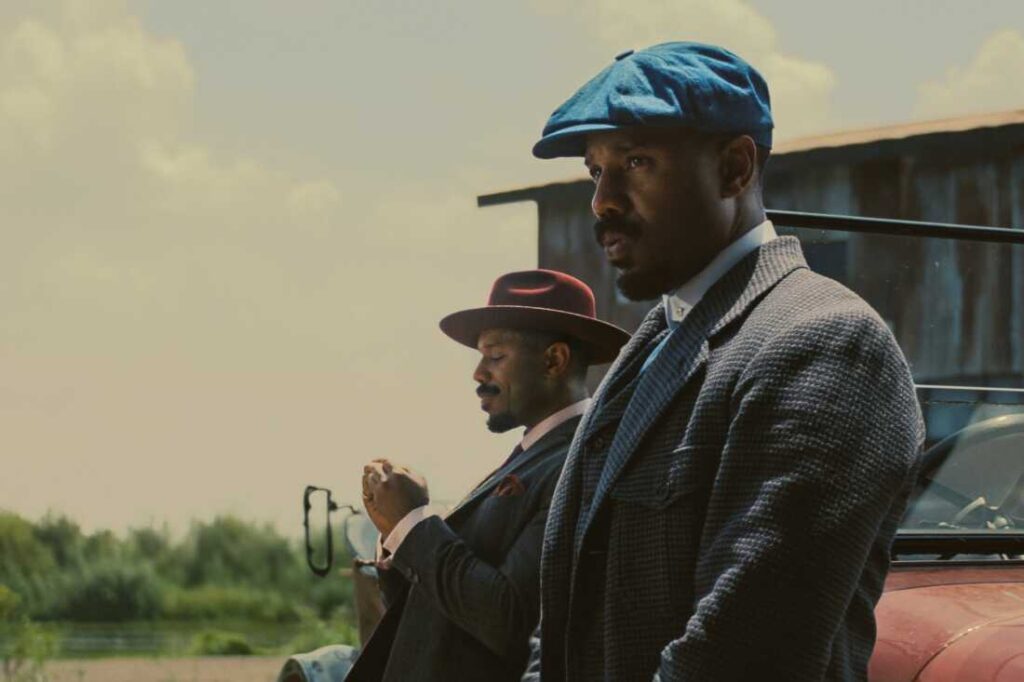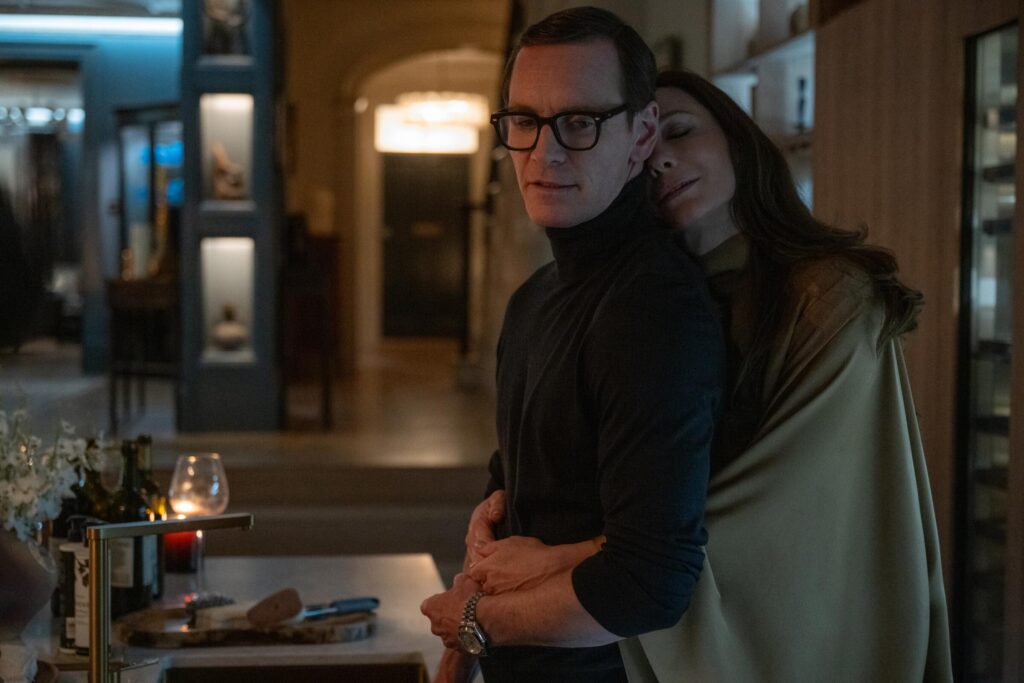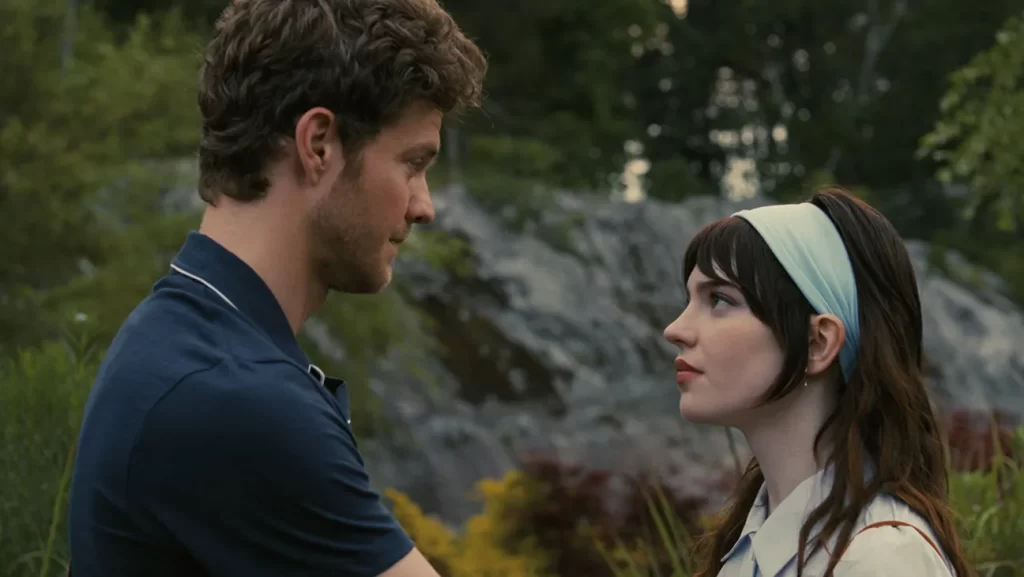The Accountant 2: In Autism’s Life, No Second Tax

The Accountant 2 could’ve been a pretty good movie, if it weren’t a sequel to The Accountant. It’s best suited as a hangout picture, sporting playful dialogue, a light comic touch, and a pair of appealing performances. Yet because this emergent franchise made its bones as a hot-blooded crime yarn, it subjugates its mild-mannered strengths in favor byzantine plotting and stale gunplay. It’s guilty of genre evasion.
Yet the Hollywood IP machine cranks on, and there are worse figures to resuscitate than Christian Wolff, the autistic genius and assassin who first appeared on screen nine years ago in the hunky, bespectacled form of Ben Affleck. The decade away hasn’t improved Christian’s social skills: When we first catch up with him, he’s the eye of a speed-dating hurricane, only we learn that single ladies are throwing themselves at him because he hacked the app’s algorithm; once he opens his mouth and starts rambling about appreciating assets, their excitement quickly curdles into dismay. Read More




